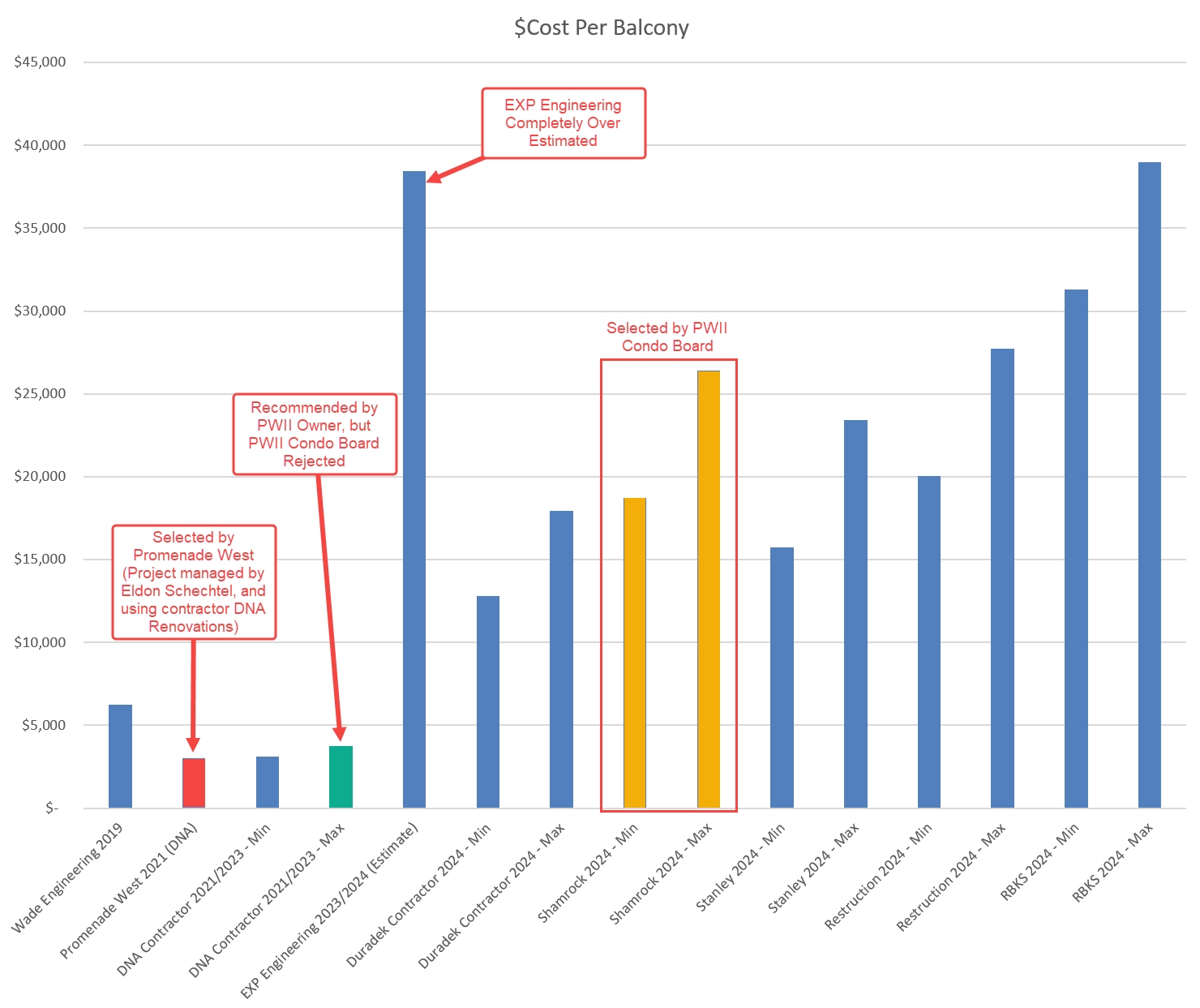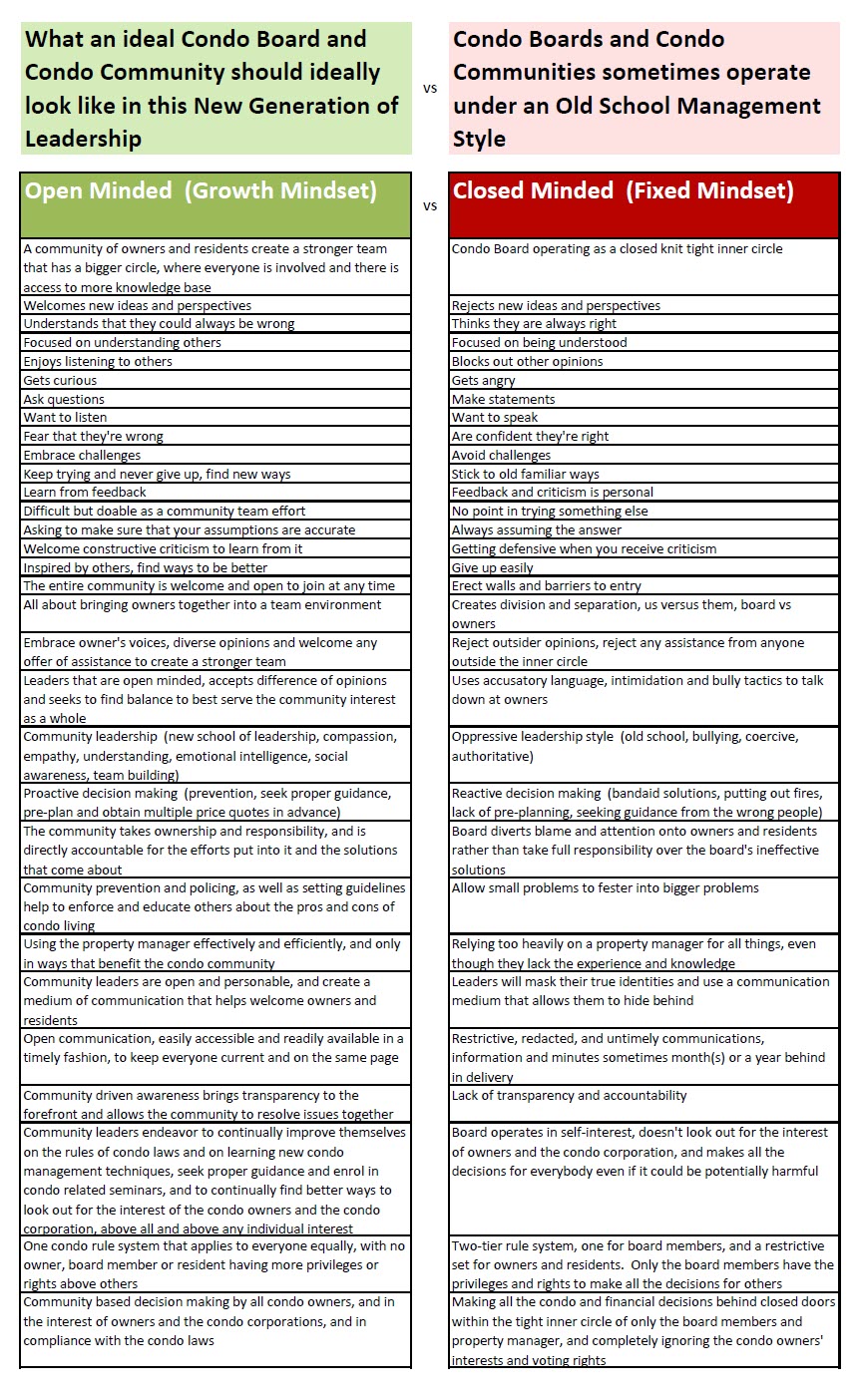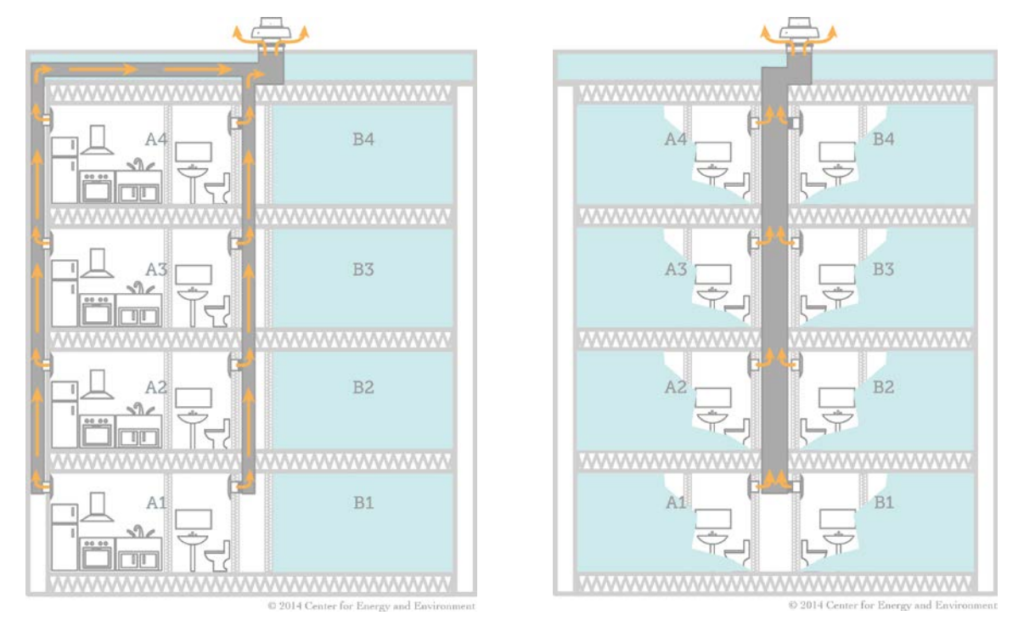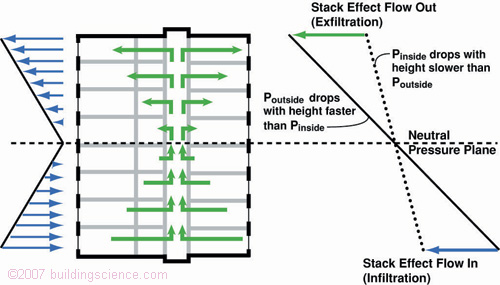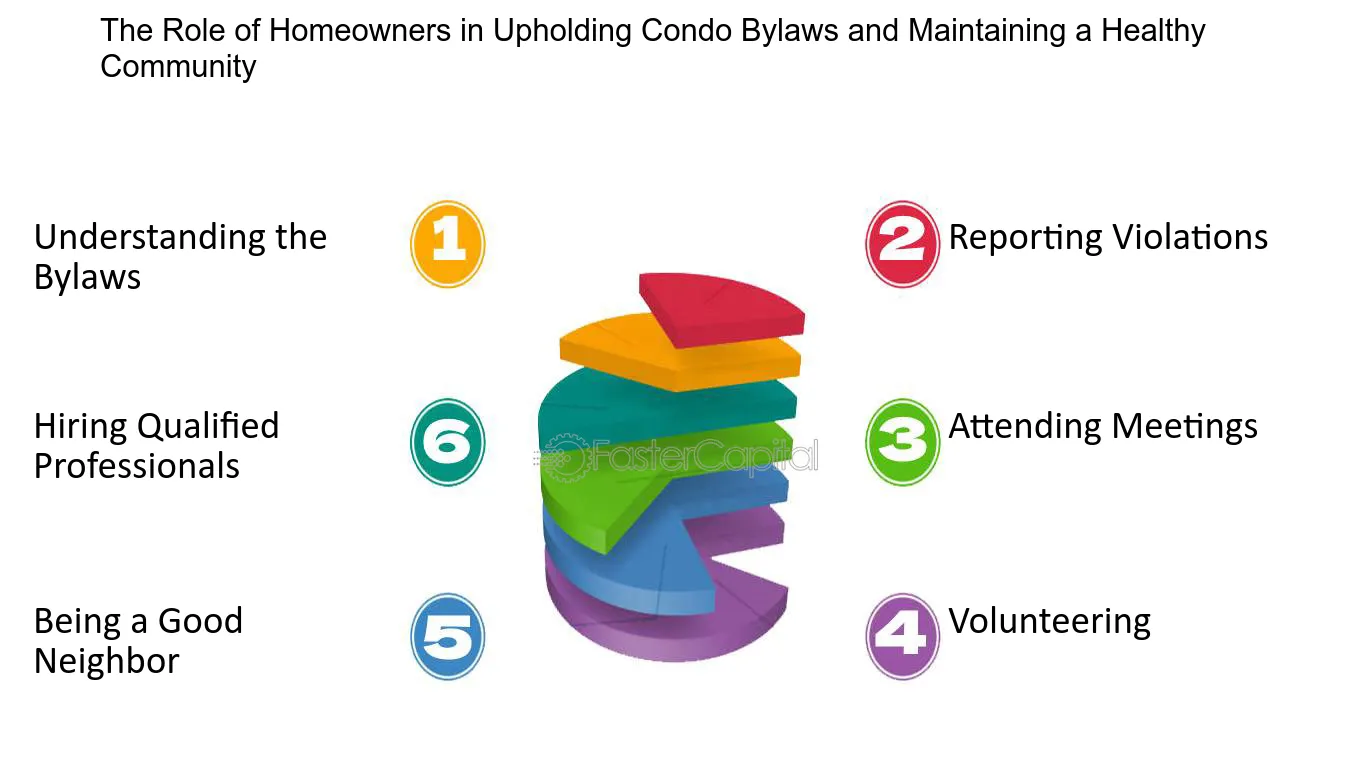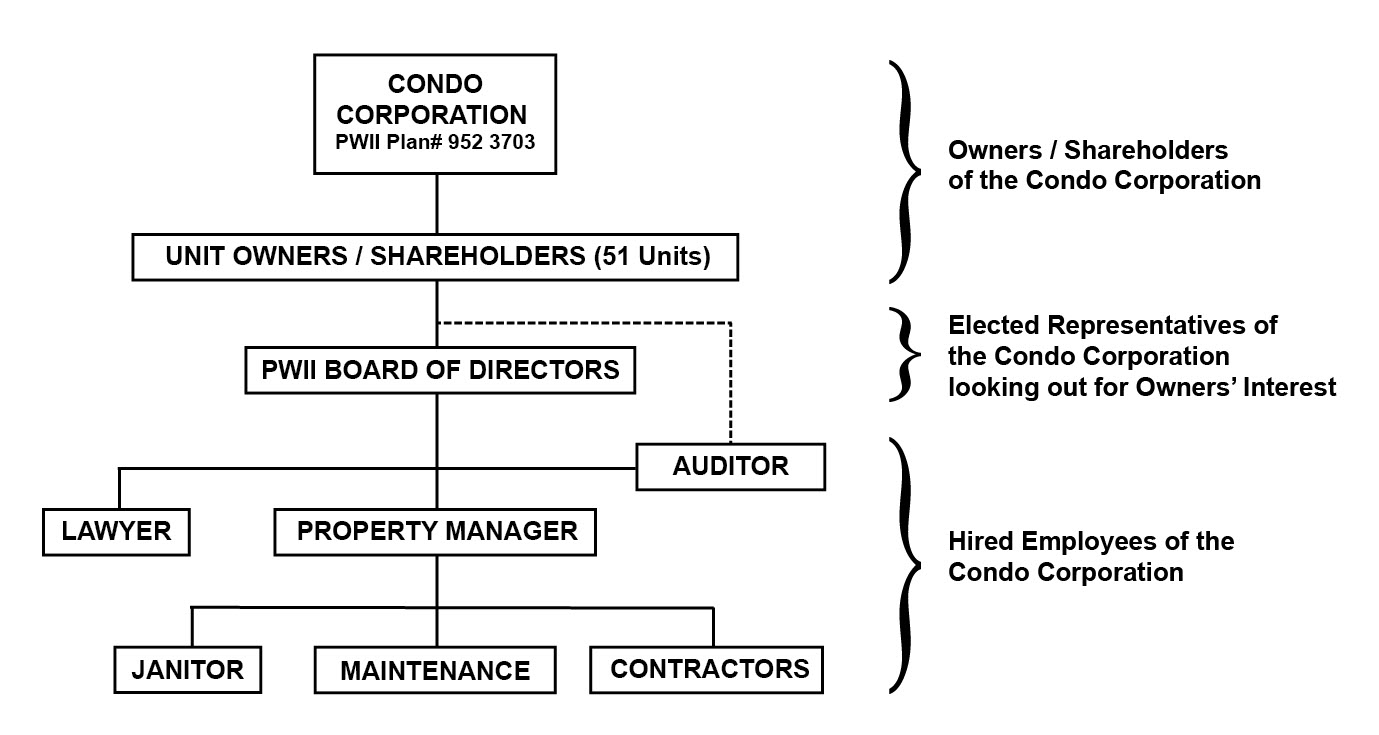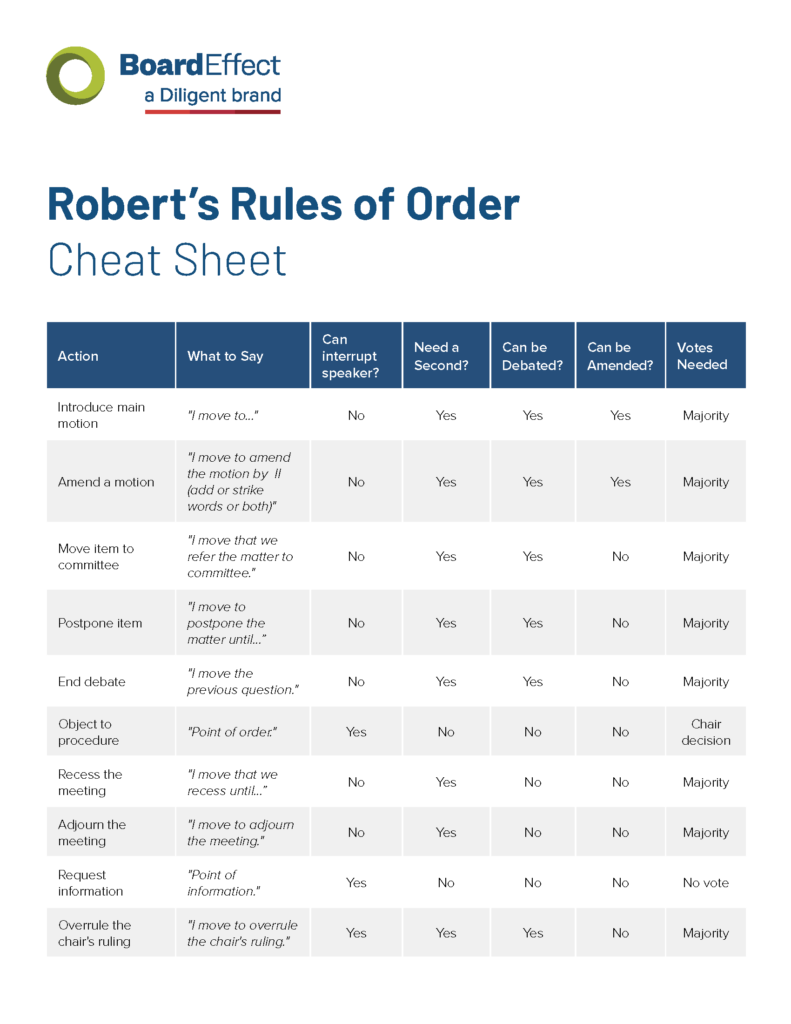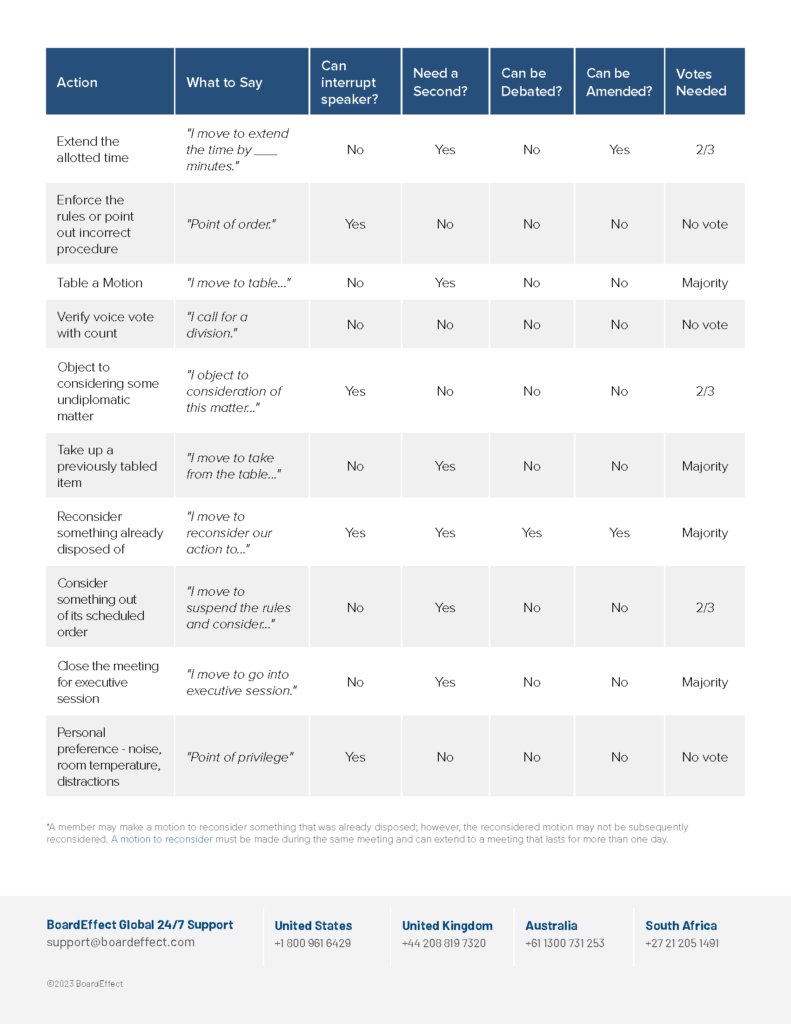Special Resolution Voting - Distinction between Capital Repair, Capital Improvement, and Maintenance - REVISED EXPLANATION
Important Note: this section has been completely revised, due to a Board member chiming in.
Special Resolution Voting
The legal requirement that owners must vote on the passing of the Special Resolution of the balcony repair was somehow missed by the PWII Board. Instead the PWII Board incorrectly passed the Special Resolution for the balcony repair internally in a closed door Board Meeting with only the Board members allowed to vote, and then only offered the owners the Special Resolution to vote on authorizing the Condo Corporation to borrow money.
An improved procedure would be to have two separate Special Resolutions, one for the balcony repair and the second for the borrowing of money.
The CPA Condominium Property Act (April 1, 2023) on page 9-10 specifically outlines the following:
(x) "special resolution" means a resolution
(i) passed at a properly convened meeting of a corporation by a majority of not less than 75% of all the persons entitled to exercise the powers of voting conferred by this Act or the bylaws and representing not less than 75% of the total unit factors for all the units, or
(ii) agreed to in writing by not less than 75% of all the persons who, at a properly convened meeting of a corporation, would be entitled to exercise the powers of voting conferred by this Act or the bylaws and representing not less than 75% of the total unit factors for all the units;
The CPA Condominium Property Act (April 1, 2023) on page 49-50 outlines the following:
Special levy
39.1(3) If the purpose of the special levy is for the making of a capital improvement, a special resolution is required before the board may approve the special levy.
The PWII Condo Bylaws April 23, 1996 (on page 5) also repeats the definition of "Special Resolutions:
(y) "Special Resolution" means:
(i) a resolution passed at a properly convened meeting of the Corporation, by a majority of not less than 75% of all the persons entitled to exercise the powers of voting conferred by the Act or these By-laws and not representing less than 75% of the total Unit Factors for all the Units; or
(ii) a written resolution signed by not less than 75% of all of the persons who, at a properly convened meeting of the Corporation, would be entitled to exercise the power of voting conferred by the Act or these By-laws and representing not less than 75% of the total Unit Factors for all the Units;
Interpretation - REVISED
If the Board would have taken the time to educate the Owners about the differences, between Capital Repair, Capital Improvement, and Maintenance Expense, it would have most definitely cleared up a lot of the confusion and would have softened the stance held by many Owners.
Ideally an experienced condo lawyer(s) would be the best source for confirming these distinctions, but from searching court decisions, to lawyers specializing in condo laws, and various property managers discussing their own view points, it is largely a grey area that makes it sometimes difficult to interpret whether something should be classified as a Capital Improvement, Maintenance Repair, or a Capital Repair.
The condo laws unfortunately don't make these distinctions very clearly, and so it's somewhat vague to most, never mind to the Owners.
Which explains why lawyers end up fighting in court, both trying to read the exact same clause but both getting a completely different interpretation on what it is really stating. So if its a grey area for the lawyers, than its most likely going to be a very dark grey area for condo boards, owners, as well as property managers.
This is the primary reason why some PWII Owners and Board members are at odds, in that it could be interpreted either way. So a judge in a court case doesn't exactly have an easy task at hand, as it really depends on a case by case basis, each with their own set of intrincacies that could sway the judge to one side versus the other. So there are no one-size fits all solution, unfortunately.
So that is basically in a nutshell as to why some Owners would agree with one approach, and the other group of Owners would agree with what the PWII Board is doing is actually okay. Not a violation per se, just a big misunderstanding caused by very vague condo laws that could easily be interpreted either way.
Breaking Down The Distinction Further
A Capital Repair is such that it replaces a component that is already pre-planned and listed in the Reserve Fund Study. So when that particular component nears its end of useful life, the Board has absolutely full authority to make the decision on its own, without having to go through a Special Resolution. And in this particular case, the Owners do not need to vote on it. This is entirely correct as long as it's "replace like with like", meaning the replacement is comparable to that of the original. There are some exceptions in that if the replacement has a higher specification, slightly better performance rating, and that it doesn't cost a whole lot more for the upgrade (ie. extra 10%-20%, etc), then that is well within reasonable limits for the Board to proceed on its own accord.
However, if the Capital Repair is upgraded to the higher specification, or the replacement is with different material, type, color, etc, and becomes so far removed from the original specification and starts costing substantially more, lets say 30%-100% and higher, then that now technically gets classified as a Capital Improvement, which does require a Special Resolution.
Maintenance Repair is the repair or replacement of a component that is no longer functioning properly, has not been planned, is not a component listed under the Reserve Fund Study, and is nearing the end of its useful life, and is a "replace like with like" with that of the original component. There could be minor deviations in that the replacement item has a longer life or has an improved performance rating or the technology is newer than that of the original component. But overall the cost of the replacement itself, typically falls under a set price threshold, under $10,000 or under $20,000 (or whatever Owners may agree to). Maintenance Repair as outlined above, the Board has the authorization to proceed without requiring Owners voting.
There are the rare cases where in the course of doing a Maintenance Repair, there is a discovery that there are even more damages or deterioriation of a component than previously thought and that it would require an even larger repair bill or would require adjacent components to also be needing replacement, or if it starts going over the $10,000 or $20,000 price threshold (or whatever the Owners agree to), then that could conceivably become a Capital Improvement item instead.
On the other hand, a Capital Improvement is something that has a much higher cost, is an addition or improvement of a capital nature, is a replacement comprising of adding something new or providing a benefit to an asset that did not exist originally, and that does require a Special resolution.
Evaluating Some Projects Undertaken By the Board
2016-07-01 - Roof Shingles Replacement - (Replaced Like with Like, Listed On Reserve Fund Study) - classified as Capital Repair so Board authorized to proceed without Special Resolution.
2017-05-30 - Balcony repair of approximately $6000'ish (don't have the exact numbers) made to Board President's own balcony was because of wood rot and deterioriation of the wood decking - (Replaced Like with Like, Less than $10000 Price Threshold, Listed On Reserve Fund Study) - classified as Capital Repair or even a Maintenance Repair, so Board is authorized to proceed without needing a Special Resolution.
The only concern raised by a previous Board Member regarding Board President's balcony was that she only chose to repair her own, and neglected to have 38 other balconies inspected at the same time. And had they all been inspected and repaired at the same time, the PWII Owners would only have had to pay approx $3000 to $6000 per balcony, instead of the $18731 to $26423 per balcony now. So hopefully this is a good lesson for everyone to learn from, and that is not to act with self-interest as a Board member as that reflects quite poorly. Being a Board President involves taking on a huge responsibility, and every Owner and every Board Member looks up to this person for leadership and guidance, but also the highest integrity. The Board President has done an amicable job for so many years, with some minor areas that could be improved (ie. communications). But everyone here at PWII including the Owners has just as much responsibility, to improve and be better, and to attend condo meetings and be involved as much as possible to help the community prosper and thrive.
2018-01-29 - Elevator Modernization Project - by ThyssenKrupps was projected to be $50,000 but later turned out to be $90,000 plus - (Replaced with Higher Specification, Listed on Reserve Fund Study) - this is a grey area in that a Capital Repair became much more expensive, almost double what was expected, and so it teeters into the territory of Capital Improvement. There are two sides to this, some Owners would accept it, and others might not see a need, so when in doubt a Special Resolution might have been more appropriate.
2018 - Fire Alarm Detection System Replacement $22,277 - (Replaced with a Higher Standard, Listed on Reserve Fund Study) - this is also a grey area in that a Capital Repair became more like a Capital Improvement, because it was an improvement over the original, however the Owners would probably not disagree with any major safety improvement and the cost wasn't so excessive, and so Owners probably didn't need to vote on it after all.
2018-09-10 - Hallway Carpet Replacement with Carpet Tiles of $40,927 - (Change in Specification, Going From Original Wall-to-Wall Carpet to Carpet Tiles, Different Color, Listed on Reserve Fund Study) - this would be classified as a Capital Repair only if it was replaced with a comparable wall-to-wall carpet, however since the replacement was a carpet tile which is different than the original it becomes a Capital Improvement, but Owners probably wouldn't disagree with it and may or may not want to vote on it, and the cost wasn't so excessive. If in the event Owners can't agree on the color or texture of the carpet, then that might require a Special Resolution just to show fairness in the due process.
So as you can see, there are various ways to interpret each. Some have a large grey area, while others are more clearly distinguishable. And a few with lower costs are items that Owners probably wouldn't be too concerned about anyways and a Special Resolution might be a complete waste of time for everybody.
Evaluating The Proposed Balcony Repair - This Is The Problem
2024-July - Proposed Balcony Repair of $730,496 to $1,030,496 -
A test of the balcony repair project is where most of the problems originate from, and why some Owners are extremely upset with the Board because of the high costs and the tidbits of information provided didn't reassure transparency. This is why this website was even created in the first place, and its because Owners felt that their rights were taken away and their voices were muffled inappropriately.
We have a large contingent of Owners who completely disagrees with this Balcony Repair, and how the Board and the Property Manager coerced it upon us, that we have every right to feel violated and that we want answers from the Board, as simple as that.
When we apply the above tests:
Being "Replaced with a Higher Standard"
Being "Replaced with a much Higher EXP Engineered Specification", and "Requiring Specialized Added Components"
"Costs are Significantly Higher than the Costs Associated with Original Specification"
No longer "Replace Like with Like"
"Listed On Reserve Fund Study"
To be classified as a Capital Repair the balcony would have had to stick with its original specifications, which would probably place it around say $3000 to $6000 per balcony.
The balcony may have started out as a Capital Repair, but as soon as EXP Engineering specifications are raised to such an extremely high standard, requiring major components to be completely altered, extremely high performance waterproof specifications now included, and the costs exceeding 5 times the original, to now being well over $18731 to $26423 per balcony, it pushes it well into the territory of a Capital Improvement, and that does require a Special Resolution for the Owners to vote on it.
There have been some modifications to this subject area made by the Government of Alberta to help clear up this Capital Repair and Capital Improvement confusion and distinction for condominiums, but we won't talk about it because it adds a whole new can of worms and also overcomplicates things to the detriment of the condo corporation and the owners' interest even further. Sometimes regulators like to attempt to make things much easier and more efficient, but it then creates unintended consequences of harm that they simply didn't anticipate. So we will leave it at that.
Some comments made by contractors suggested that EXP Engineering's extremely high specifications and high performance waterproofing additions are much more feasible for a brand new condo build where it wouldn't cost nearly as much to implement in the first place, and may not necessarily be ideal for an older PWII condo building due a cost feasibility standpoint. I suspect that Eldon Schechtel, Building Expert and Building Inspector who project managed the Promenade West balcony repair also had the same line of thought, that there was no point in replacing something that ain't broken even after 20 years of service, so in all likelihood that component might last until the next balcony refurbishment project in another 20 years time or so. The Contractor DNA though wanted to increase to a higher standard of specifications, but Eldon disagreed and said that it was totally unnecessary. And this is coming from a building inspector with 44+ years of experience.
Board's Fiduciary Duty to Owners and Maintaining High Integrity
There are some well intentioned condo boards that find the process of passing a Special Resolution quite difficult and time consuming, and that some owner(s) may not care to respond or are absent from voting which counts as votes against.
In the process of trying to keep the building fresh and well maintained, a Board may not want to go through the hassles of a Special Resolution and take on the risk that owners might not even show up or bother to vote, thus it can sometimes be frustrating and inconvenient for the Board to even get things done efficiently and expediently.
By allowing owners to vote on major items with considerable financial cost implications under a Special Resolution, it insures that there is fairness and integrity in the condo management decision making process, insures that owner's interest, as well as the condo corporation's interest are being served and met, and it eliminates any possibilities of self-interest by Board members or the making of decisions that could potentially jeopardize or cause irrepairable financial harm to the owners or to the condo corporation.
The CPA and the Condo Bylaws are after all created specifically for the purposes of protection, for the protection of owners' rights and privileges, and to provide the necessary safeguards to prevent abuse of the condo management process and to insure that Condo Boards or property managers do not overstep their roles and boundaries, and that the rules do need to be followed by all the parties involved. This is why its vitally important to follow the condo laws to the best of one's capacity, or to educate oneself appropriately on the proper interpretation of the rules governing condominiums.
The best approach for any condo board when faced with a complex dilemma like the Capital Repair, versus Capital Improvement, versus Maintenance Repair, and trying to make a distinction between them, is to always error on the side of caution, and to always look out for the Owners' interest at all times, so that means getting the Owners' out to vote when in doubt. That then places the onus on the Owners to decide, and it absolves the Board from making the wrong decision.
That is the most ideal approach and the most practical especially since this condo building is owned by all 51 Unit Owners, and not just the Owners sitting on the Board.
Now its all up to the Owners to decide on how they want to proceed with the Balcony Repair, and on establishing guidelines for the classification of the Capital Repair, Capital Improvement, and Maintenance and to set an agreeable price threshold where the Board can easily work with. It all comes down to collaborating as a team effort, and finding some mutual concensus amongst the Owners collective.
